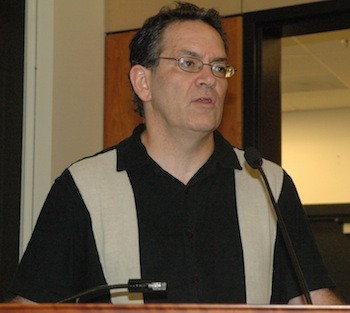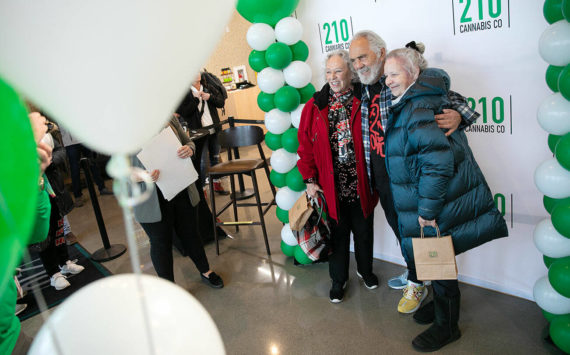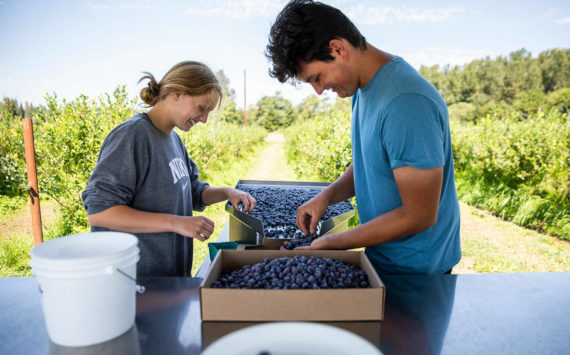ARLINGTON — The City Council’s Aug. 4 public hearing, on the temporary moratorium limiting marijuana production and processing, drew only one speaker.
Steve Ciccarelli, chief operating officer of Cleo, LLC, has not yet received final approval for its production and processing business, but it has received a license number. He hopes to open with 40 employees in a 16,500-square-foot facility on the former Bayliner property, before expanding that number to between 60-100 within two years.
Rather than imposing a moratorium on all such producers and processors, Ciccarelli proposed to the council that the moratorium screen against businesses with low-density labor, in terms of the jobs they plan to create relative to the square footage of manufacturing and industrial property their operations would be using.
“This city has a fixed inventory of manufacturing and industrial square footage,” said Ciccarelli, who cited a hypothetical business that would staff 10,000 square feet with only four employees as a hindrance to the economy. “They’re not bringing in the number of jobs that the city needs, and they clearly don’t know what they’re doing.”
Ciccarelli described modern marijuana plants as “top-fuel dragsters that are pushed to their genetic limits,” and thus require informed and attentive care in multiple stages.
“It’s not just growing these plants in the dirt,” Ciccarelli said. “You need enough people for trimming and pest mitigation. If a prospective business in this field doesn’t know that, they’re going to be out of business in one or two years at the most, and that won’t benefit the city either.”
Among the other planned measures that Ciccarelli touted for his own planned facility are significant setbacks of the plants from the walls, locks on the gates and doors, and a plethora of security cameras, as required by state law.
“It makes Langley look like a summer day camp,” Ciccarelli chuckled.
The city Planning Commission met Aug. 5 to consider the moratorium, which was passed July 7 to cap the number of marijuana producers and processors within city limits. Their recommendation will be passed on to the City Council during its workshop at 7 p.m. on Monday, Aug. 11.
“After that, we’ll probably have a couple more public hearings,before it comes before the council for a decision in mid-September,” Assistant City Administrator Kristin Banfield said.








